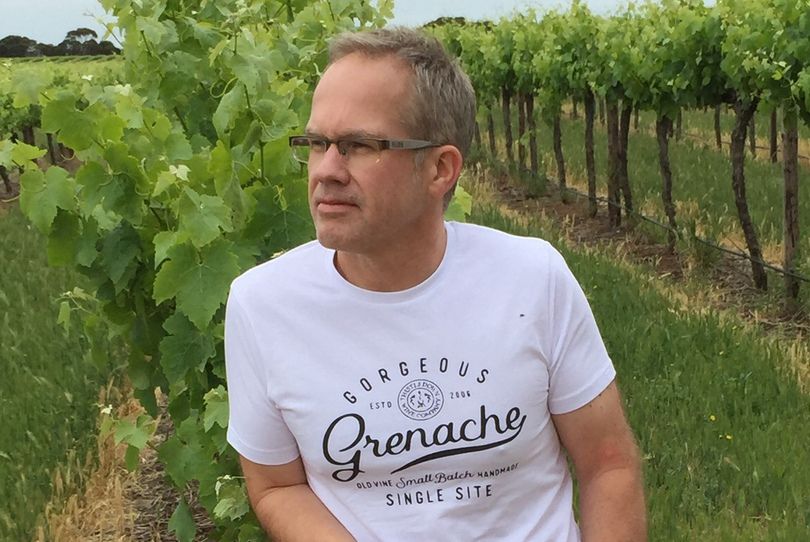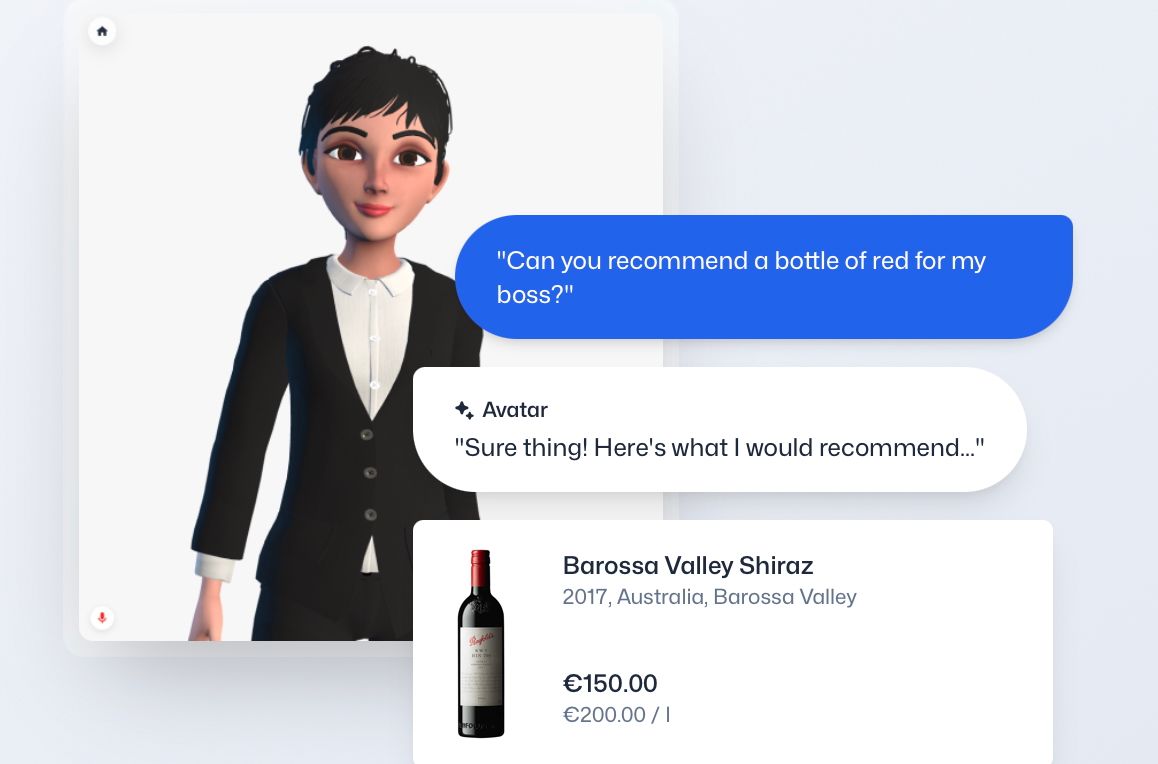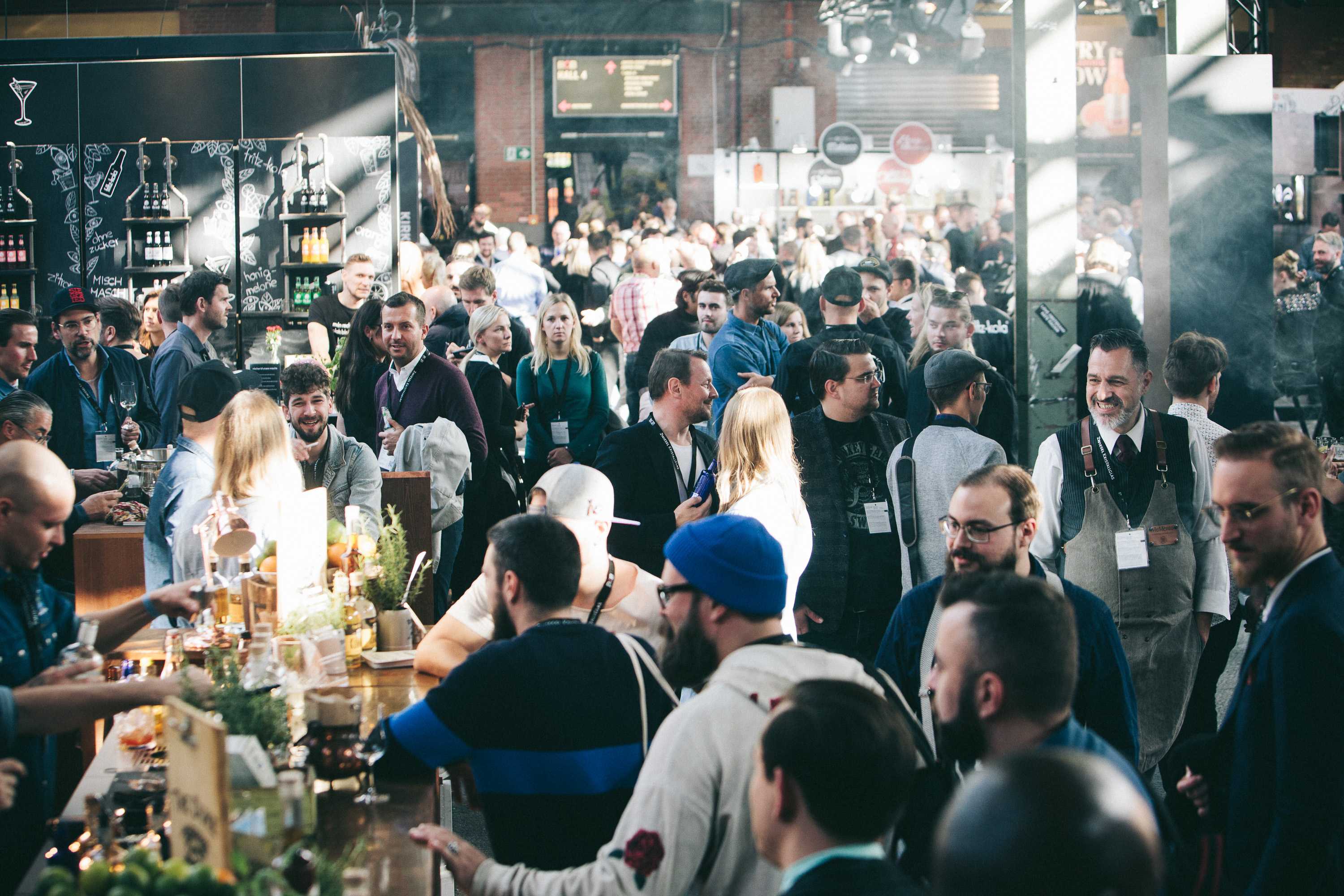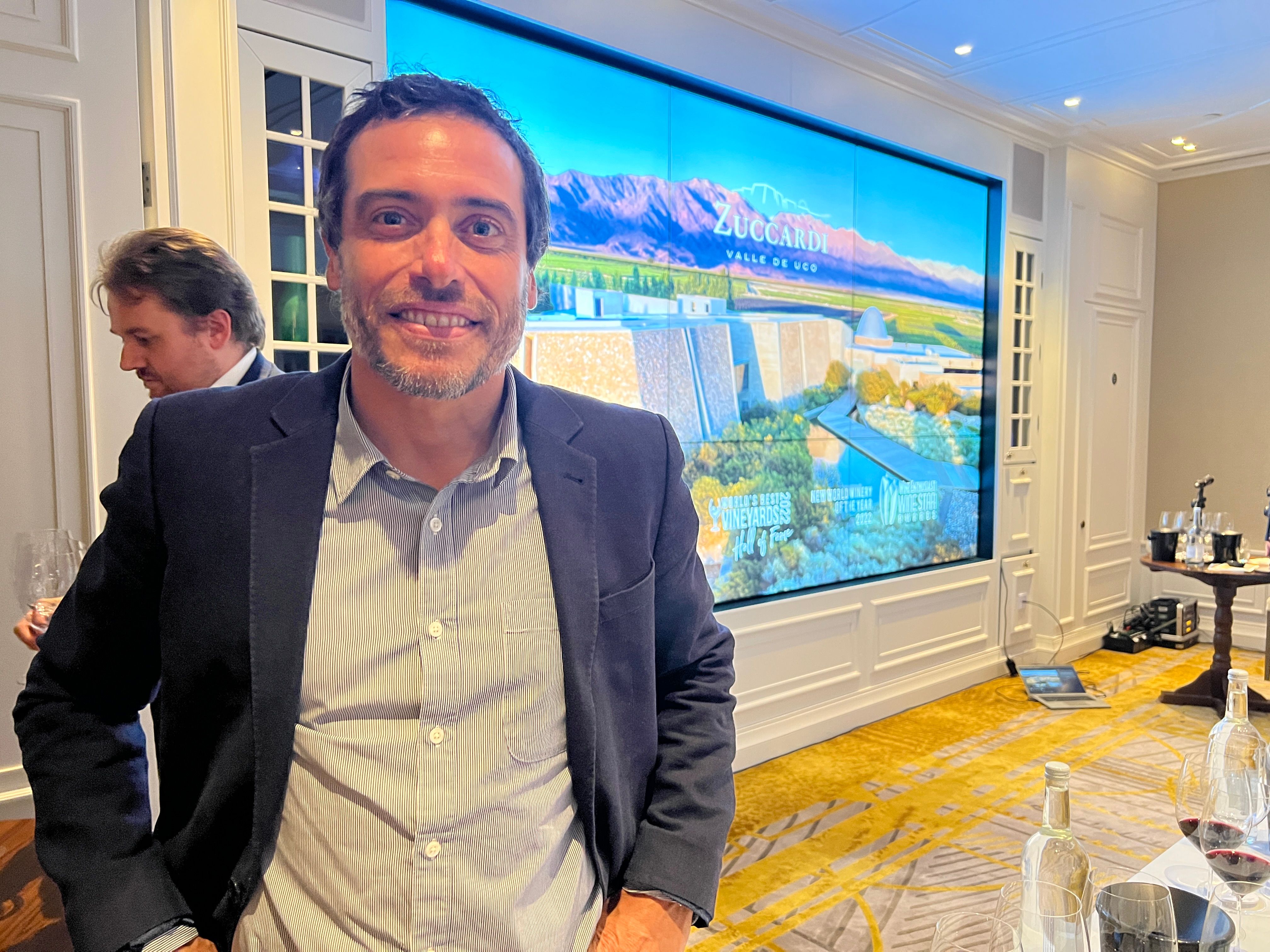Alliance Wine has ripped up the traditional wine agency model to create a business that despite turning over close to £30m a year is very much based on its founding principles of doing things in the right way.
I’ve never really understood why there are apparently so many ways to skin a cat, or if there is ever a need to do so in the first place. But it is certainly a good idiom to apply to the world of wine distribution at the moment.
If we rewind the clock back say five years ago there were many in the trade predicting the end of the traditional wine agency. Businesses that existed simply to act as middlemen, bringing in wine to sell to third parties, adding very little value along the way. Now there are still plenty of wine companies doing exactly that, but they are not the ones claiming the column inches and the question mark above their heads grows bigger by the day.
The ones that are making the news, either publicly or quietly behind the scenes, are the companies that have fully understood the market dynamics in which they are working and have changed their business models to adapt to not only the challenges of today, but the opportunities in the future. If that does not sound like a line cut and pasted straight from a political leaders’ speech.
One such business is Alliance Wine. It is a company worth following with interest for two key reasons.
It has not only transformed the way it operates, it has done so in way that ensures it has kept full control of its own supply chain, every step of the way. A way that also sticks sticks resolutely to the values and aspirations it had when it first started importing and selling wine in 1984.
Following a different path

Alliance Wine was first set up by Christian Bouteiller (now executive chairman) and Jonathan Kennett (now non executive director) with a determination to follow a different path from its competition. A path dictated as much as by its principles, its values, the way to do business, as it was the kind of eclectic, independent, and interesting wines it wanted to source and sell.
An approach best summed up by the “Crystal Clear Strategy” it has on its company website that promises its customers it “will never step on toes or undermine your business by losing control of distribution”.
Just those few words alone makes Alliance Wine stand apart from the majority of its competition. It is not setting out to dominate the world of wine, or achieve sales and profits just to hit ever more ambitious targets and goals. It simply wants to keep “control” of its own distribution network, and ensure it does not take steps that go against or “undermine” the way it works with its customers.
When we met up with Giles Cooke MW, Alliance’s wine development director, it was noticeable how much the conversation kept going back to doing business in the right way and making decisions that matched the founding principles of the business.
He says everyone in the company is focused on what he admits is a “lofty mission” to “create a better world of wine”. At least in the way it does business.
“We want to work with people we enjoy working with and with people who want to add value,” he explains.
A key part of that approach is sustainability. “Each part of the supply chain must benefit the next part so that we are all working in collaboration,” he adds.
So in the Alliance model customers become true “collaborators”.
“There is a lot of pressure to join the race to the bottom, but the right companies will resist that and instead look to add value, be creative, be innovative.”
Stick to your principles
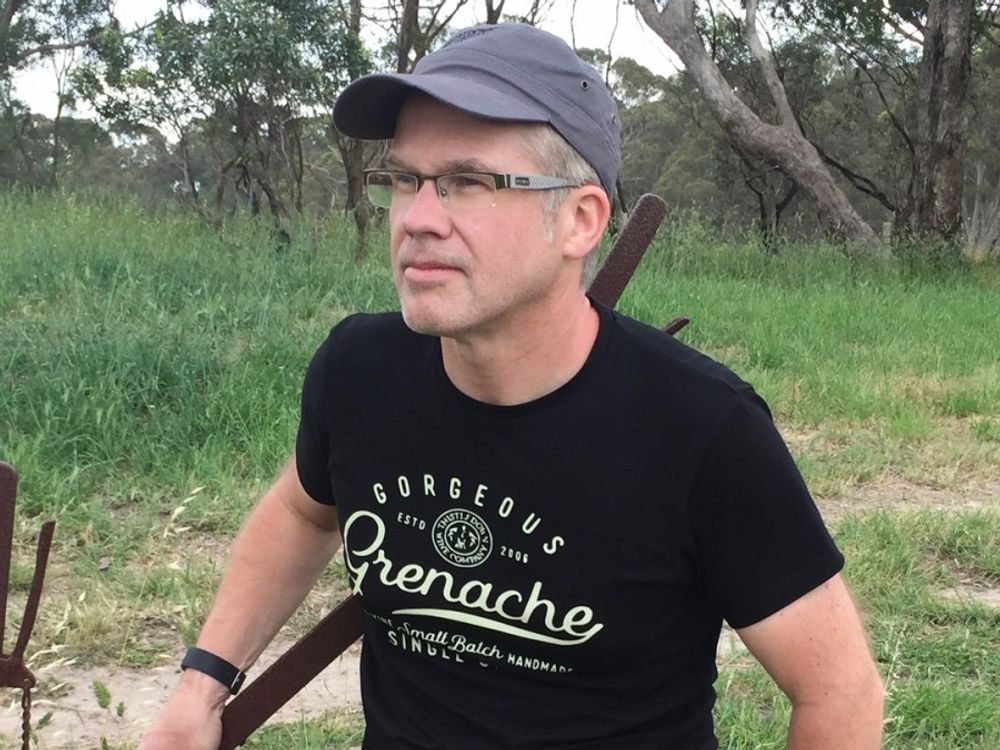
Giles Cooke MW believes too many wine businesses are quick to throw away their principles in the desire to win new business
Now all companies of any size will have their own business mantras, and core principles. But how many stick to them in everything they do?
Cooke is quite clear. It will walk away from potentially lucrative deals, and opportunities, if it thinks they will question their company values in any way. It might sound too good to be true, but Cooke says it all comes back to running a business based on sustainable principles.
“There have been times when we have not liked the business ethics of some of our customers. We will not sell wine at any cost and some players are doing that.”
He adds: “We have a commercial model that works in the UK which means we can also work in other countries. So we don’t need to be with customers or bring in suppliers we don’t want to work with.”
It is also aware that it needs to keep its principles relevant to new members of staff. To do so it recently when through a re-evaluation of its core values and whittled what were an initial 40 to 50 suggestions down to just three: genuine, creative and quality.
“So wherever we are working in the world, with every customer and supplier, if we are not being genuine, creative or driven by quality then we are not doing things right,” explains Cooke.
Taking control
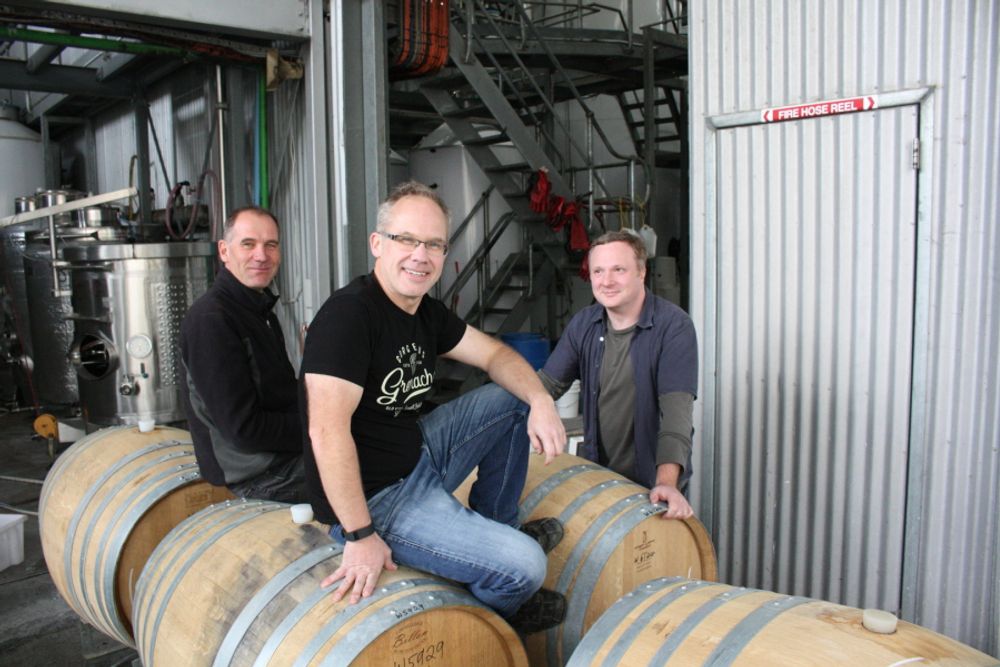
The Thistledown Wines’ team with Peter Leske, winemaker and Alliance’s Fergal Tynan MW and Giles Cooke MW
It was its decision in the mid 2000s to step up its own winemaking footprint around the world that has really enabled Alliance Wine to stick firmly to those principles in the ever increasingly complicated and competitive wine distribution sector.
A footprint that now sees it making its own wine in Australia, France, Chile, Spain, Italy and South Africa, or working directly with wine producers and negociants to ensure it has as much control over the initial product as possible. Cooke is currently, for example, in Australia working on the 2017 vintage at the Thistledown winery it set up in 2006, and he joint runs with Alliance Wine’s chief executive, Fergal Tynan and Australian winemaker, Peter Leske.
“The initial reason for doing our own production was to give more value to our UK customers. It meant we could tell the stories of our wines in a more authentic way. I think that is the side of the business that genuinely helps us stand out from the competition,” he adds.
Working outside the UK
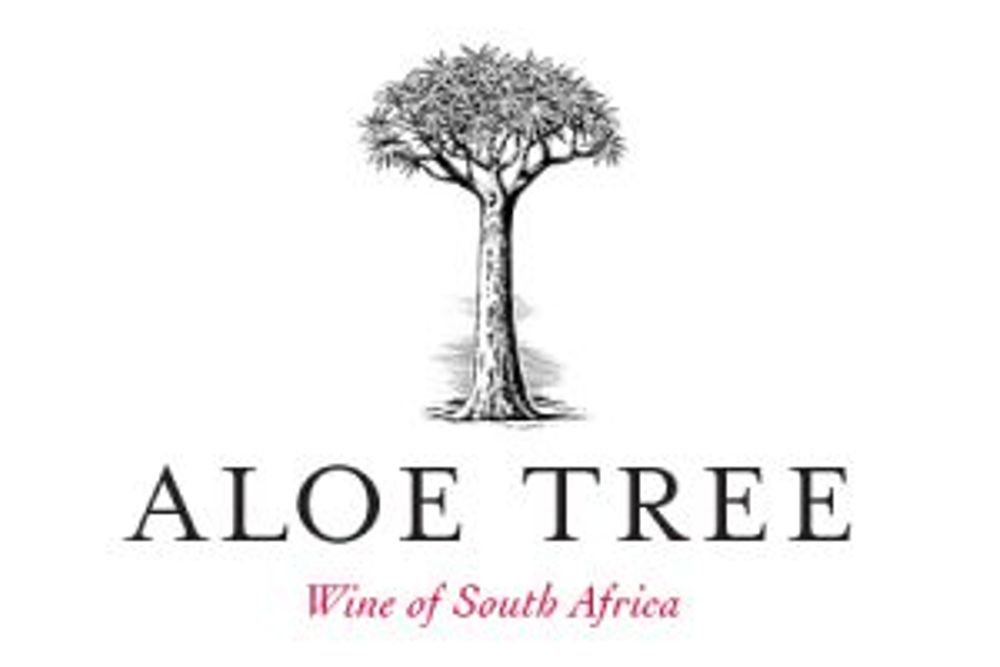
Aloe Tree is the wine that Alliance Wine makes in Paarl, South Africa
A strategy that means it is making and distributing wine not just for the UK market, but for an increasing number of countries around the world.
“We could see the squeeze that was coming on the traditional wine merchant model and could see that if we wanted to stick to the values we hold that we would need to have other markets we could sell to which, in turn, would help us define even more who we wanted to work in the UK,” explains Cooke.
Or, as he says, perhaps more pointedly who they do not want to work with. “We did not want to be defined just by the UK market,” stresses Cooke. If it was then it would arguably find it much harder to stick to those core principles.
By making some of the wine it sells, it means Alliance Wine is able to have full control over how that wine is then marketed and sold. For example, it has taken the strategic step of owning all the intellectual properties of the various brands and labels it develops. So, yes, it is in the market for producing own label and bespoke wines for customers, but it also wants to create its own brands that it can then sell to different markets and customers around the world.
Most of which will start their life in the UK, but by showing they can work there it gives them the ammunition and credibility to sell in to other markets. “We might then have to tweak and adapt them for that particular market,” adds Cooke.
Bulk to bottle
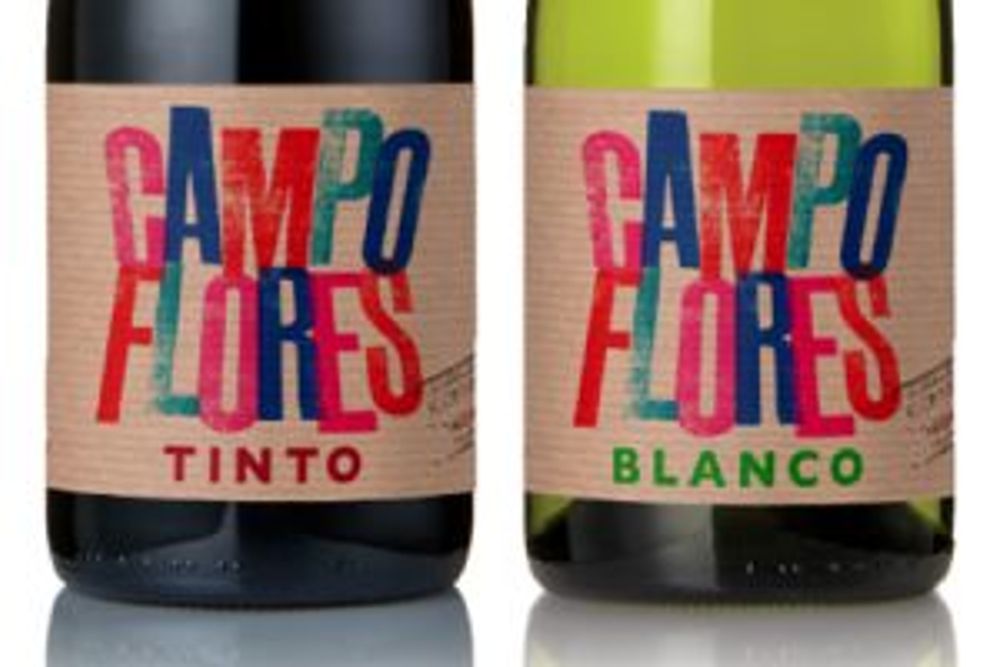
Campo Flores is an example of Alliance’s own production wine
Its international business has really taken off since it took the decision around three years ago to use the warehouse and bottling facilities of one of its Rioja producers to act as the hub for much of its own global distribution. Wine can be shipped in bulk from Australia or Chile or South Africa, to then be bottled in Spain and then re-distributed around the world, including the UK.
“We are looking at ways where we can be more efficient in terms of production, supply chain,logistics and packaging,” says Cooke. Steps that drive value without always looking to cut prices first.
It also means Alliance is able to offer a genuine point of difference from the big national distributors when talking, for example, to the larger on-trade groups.
Business with scale

Alliance Wine has grown to a team of around 70 people around the world
Alliance has now grown to be a £27m turnover business employing around 70 staff both in its original Scottish site, near Glasgow, its London office, now in Bermondsey, and in its winemaking facilities and export staff around the world.
There are no plans to turn that £27m in to £100m, stresses Cooke.“We do not want to get the scale or speed of growth where you are forced to abandon those principles. We have seen how some have done so.”
But for all its international expansion the bulk of the business is in the UK with 74% of sales coming from the on-trade.
It own wine production now makes up 20% to 30% of what it does, and includes some of its biggest sellers, but he stresses traditional agency wines “are still a massive” part of what it does. Together it means its portfolio is now between 900 and 1,000 wines.
After all Alliance is very much about bringing new and different wines to market and it can’t do that just by relying on its own production.
“There is always a pressure to be able to have something that is new, particularly in London where sommeliers and buyers are looking for new quirky varieties. That is also now growing to major cities around the country where we are seeing more demand for esoteric, natural and biodynamic wines.”
Pressure on pricing
For all its business principles Alliance Wine is still faced with the same pressures on margin that the big drop in sterling in 2016 has had on UK wine distribution. If anything, says Cooke, the fall out from currency will polarise the sector even more. “Many companies are already operating from rock bottom in terms of price,” he says.
It will also make more UK wine businesses look overseas for growth. “More countries are willing to pay more money for the wine that is available,” stresses Cooke.
Alliance’s model, he admits, will appear strange to some of its competitors. “A lot of companies work in a way that not everyone in the supply chain is doing well out of it. We work on the principle that they do.”
But it’s not as if Alliance is operating in some sort of parallel hippidy dippidy universe where everyone lives and breathes on principles alone. “We are still very commercially focused,” says Cooke. “Any wine we list is there to make money and we always have to be conscious of that. But it is also understanding which bits of our list really drive the commercial business.”
Sustainability for all
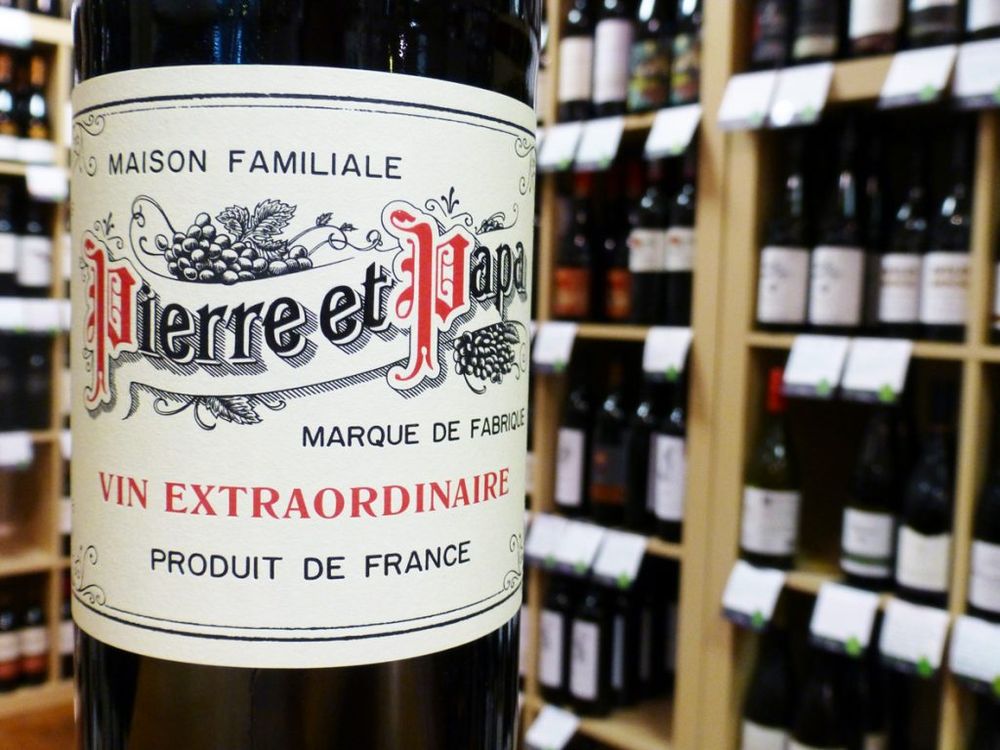
The Pierre Papa Wines are made in venture with the Renard family, Pierre and his father in southern France
Cooke believes the issue of commercial sustainability is one that the UK wine industry, and particularly the on-trade should take more seriously.
It does not need to be about negotiating the lowest possible prices. Instead Cooke believes the industry needs to look more closely at how it is driving value through everything it does.
“The wines being sold in the UK on-trade have a lot of influence on how wines are being perceived around the world,” claims Cooke. “The on-trade can really push producers to change the way they are making wine. The retail sector used to do that, but now it is the on-trade.”
Take the growth in natural, organic and biodynamic wines. They may not, says Cooke, be relevant to a lot of wine drinkers, but they are influencing how a lot of mainstream wines are being made. “We are now seeing more discreet use of oak and lighter, lower alcohol wines being made. It is changing the way wines are being made for the off-trade.
“A lot more wine that is sustainable to make is being driven by what is popular in the on-trade.”
Collaborative approach
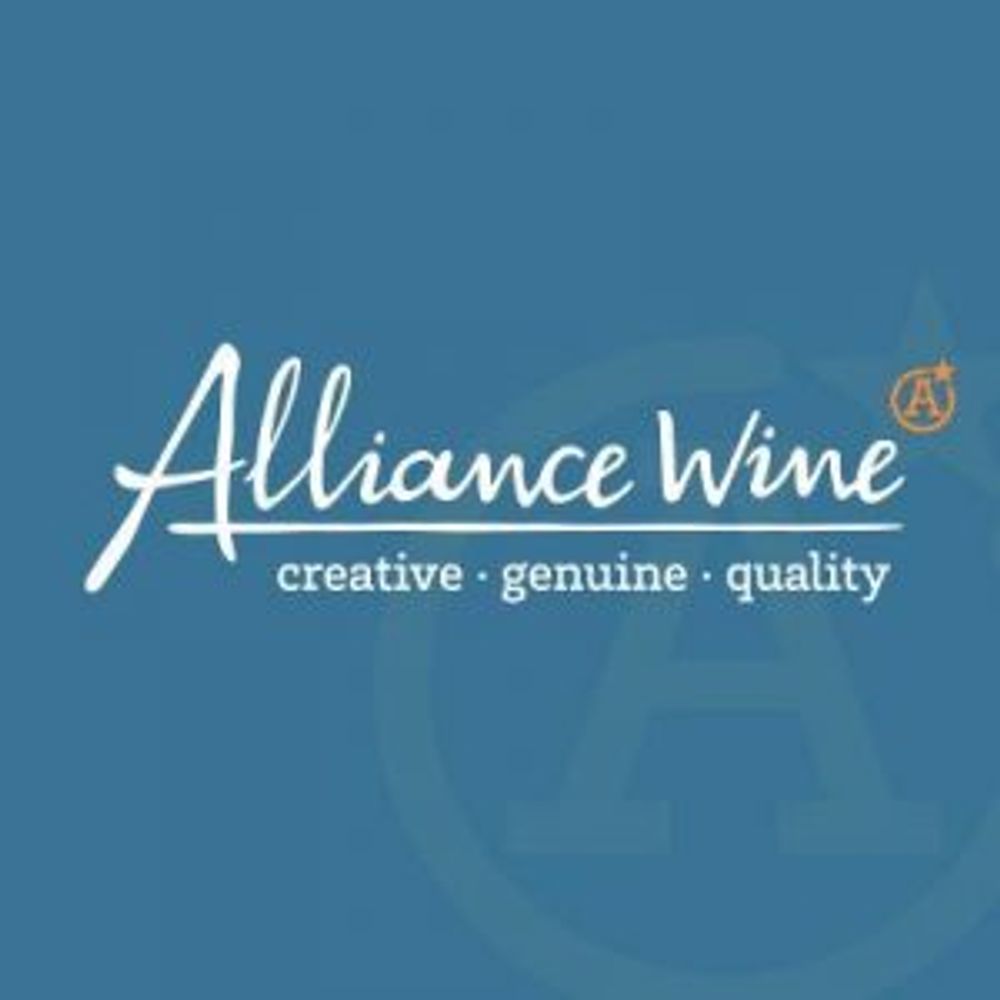
For the on-trade that means being far more collaborative in creating lists that drive margin and value for the customer, the supplier and the producer. It does not mean, claims Cooke, trying to get the same margin for every wine on the list, but being far more tactical and commercially astute about which wines you can charge more for.
“We need to look at a far more flexible approach to pricing where you can still make money from a wine list without the restaurant customer feeling they are being fleeced.”
We only, he adds, have to look at the steps that have been taken in the beer and spirits categories to see how premiumisation works for all three. “The lazy way to sell wine is simply to undercut the competition. You don’t build anything if you are just in the cycle of cut, cut, cut.”
That lazy way is most definitely not the Alliance Wine way. Instead it has defined its way of doing business which Cooke believes truly makes it stand out from the competition.
“No-one else out there has defined those principles of doing business as clearly we have and is prepared to stick to them and not compromise on them.”
And that’s the Alliance way.
